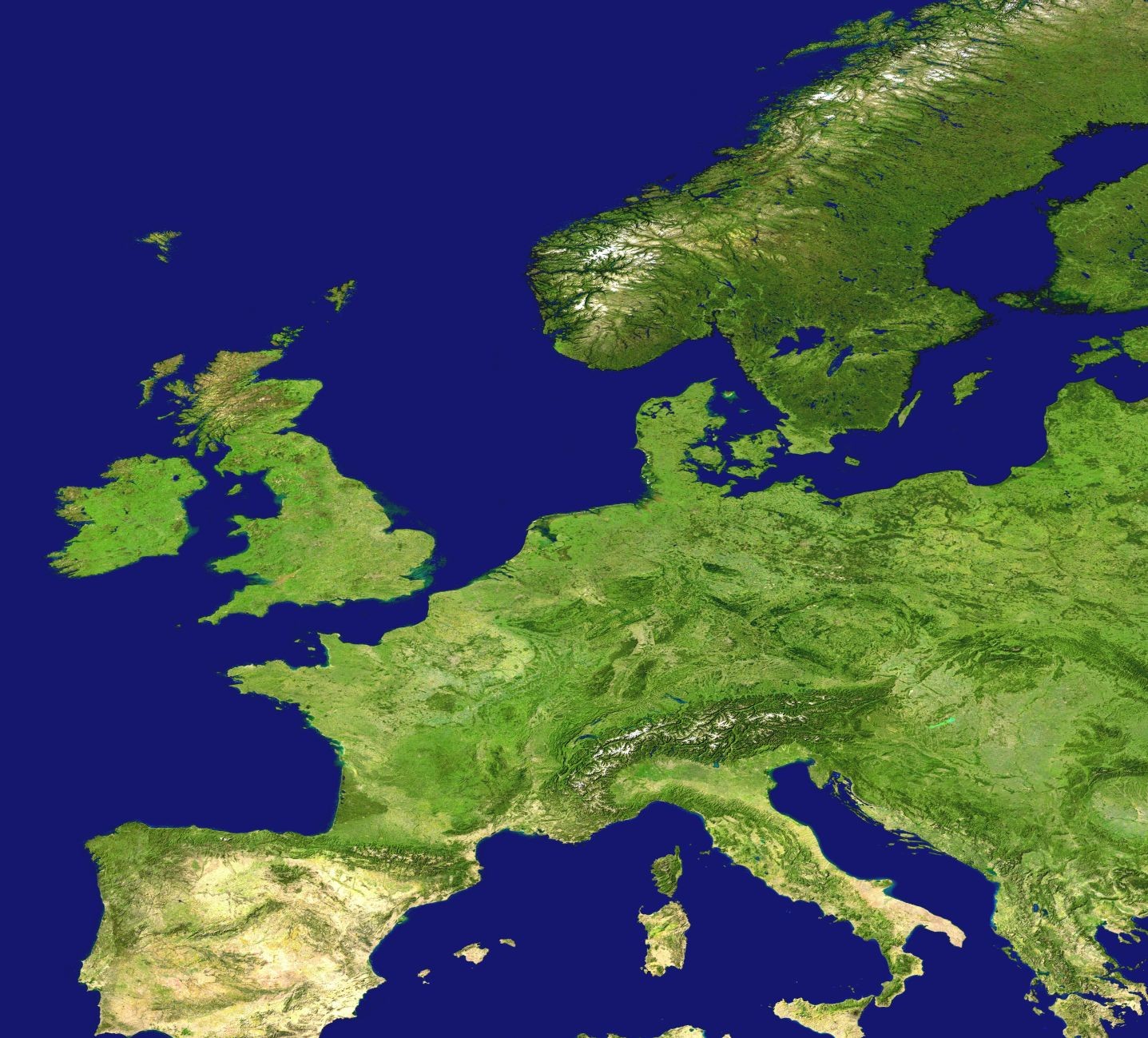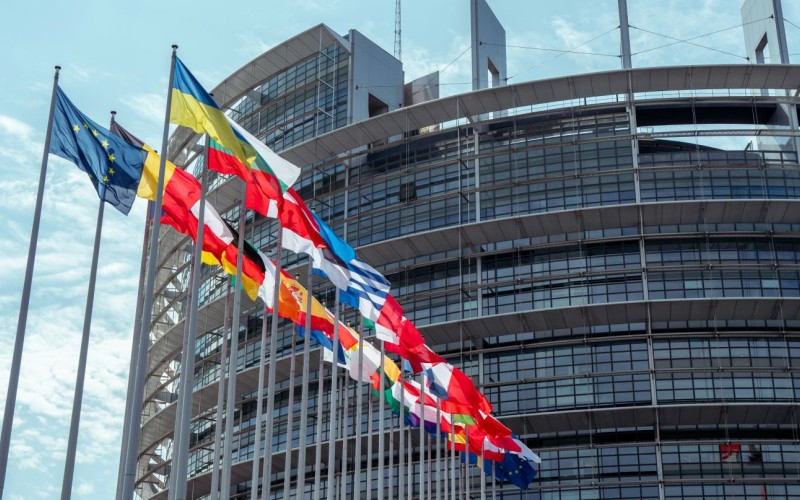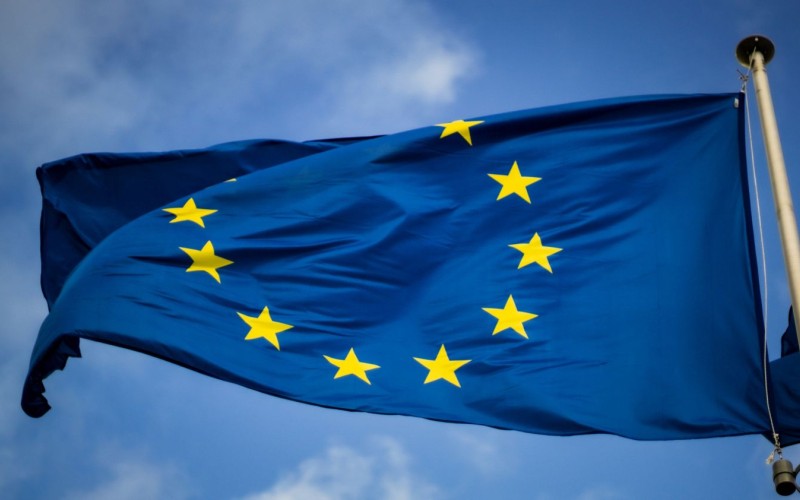Als ausgewiesener Experte für die Westbalkanregion erörterte Borut Pahor, ehemaliger slowenischer Staatspräsident und Ministerpräsidenten die aktuelle Situation und die Zukunftsperspektiven des EU-Beitritts der Westbalkanstaaten.

Er betonte, dass nach dem Krieg in der Ukraine eine größere Bereitschaft innerhalb der EU besteht, diese Staaten in die Union zu integrieren. „Der Krieg in der Ukraine hat die geopolitischen Realitäten verändert und das Bewusstsein innerhalb der EU geschärft, dass die Integration des Westbalkans eine strategische Notwendigkeit ist“, so Pahor.
Verlust der Glaubwürdigkeit der EU
Pahor schlug aber auch kritische Töne an: „Die EU hat sowohl in der Bevölkerung als auch in der Politik viel an Glaubwürdigkeit verloren.“ Das Vertrauen der Menschen am Westbalkan in die europäische Integration sei geschwächt. „Es gibt wenig Hoffnung für die Zukunft“, fügte er hinzu und wies darauf hin, dass diese pessimistische Stimmung eine große Herausforderung für die EU und die Beitrittskandidaten darstellt. Er wies zudem auf zahlreiche Probleme hin, die mit einer möglichen EU-Erweiterung verbunden sind. Besonders erwähnte er die verstärkten Investitionen und das Engagement von Ländern wie China, Russland, der Türkei und arabischen Staaten in Serbien. Pahor betonte, dass die Unentschlossenheit der EU Serbien in eine unsichere Lage bringe, wodurch sich das Land in Richtung China und Russland neige. „Das Vertrauen, dass Russland Serbien verteidigen kann, ist in Serbien tief verwurzelt“, so Pahor.

Demokratischer Westen vs. Autokratischer Osten
Pahor wagte in unserem Gespräch eine provokante Prognose: „Die Zukunft wird ein demokratischer Westen und ein autokratischer Osten sein.“ Auch die Situation in Georgien war Thema des Gesprächs. Pahor zog Parallelen zwischen der Situation in Georgien und der Ukraine vor dem Krieg.
Diese Entwicklungen unterstreichen die Dringlichkeit, die Westbalkanstaaten in den europäischen Integrationsprozess einzubinden und damit die Stabilität in der Region zu sichern.
Einblicke und Ausblicke
Borut Pahor beeindruckt auch als Keynote Speaker mit seinem fundierten Insiderwissen und seiner tiefen Kenntnis der Region. Durch die Brille des Balkans wirft er einen anderen Blick auf die aktuellen geopolitischen Debatten und bringt einen weiteren Aspekt ein. Pahors Perspektive und sein umfassendes Verständnis der geopolitischen Dynamiken ermöglichen einen völlig neuen Blickwinkel.







